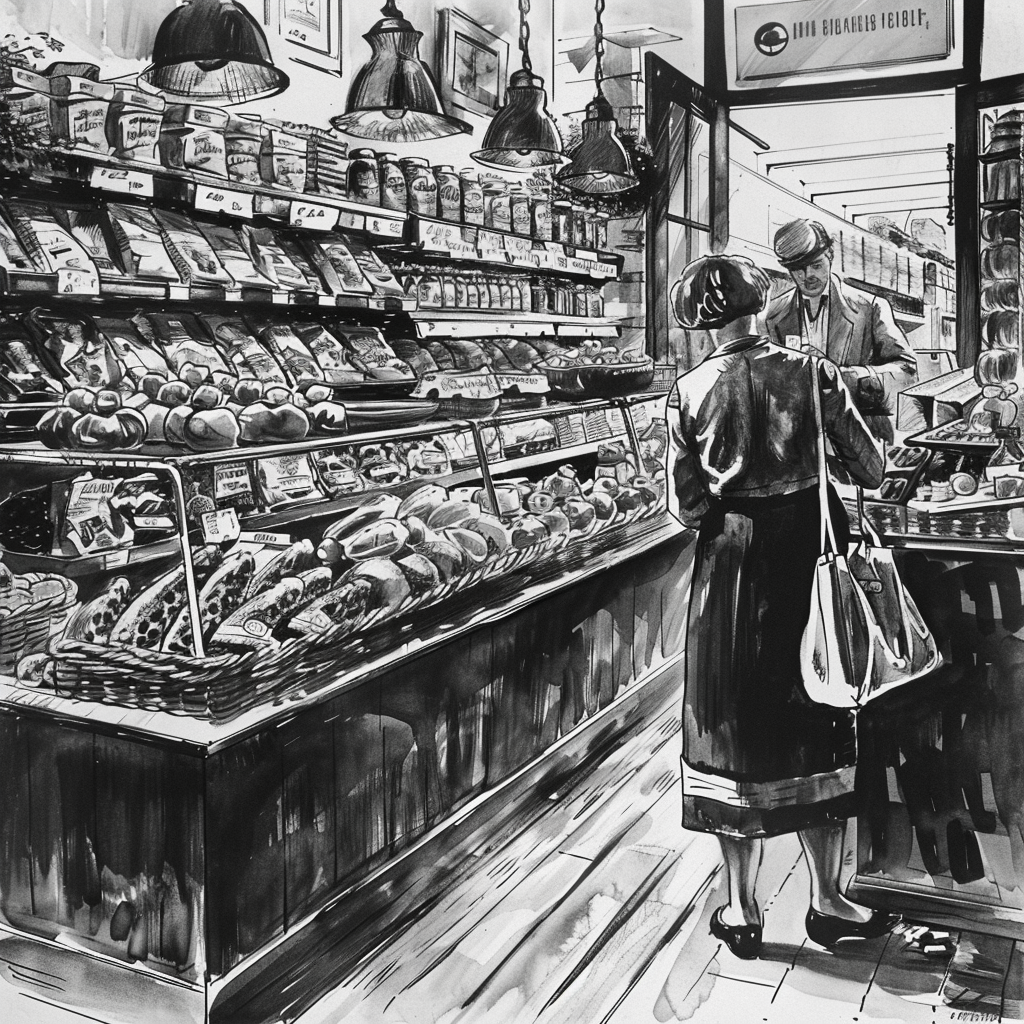In this daily village monotony, most residents paid no attention to the profound changes currently taking place in postwar Germany. The three western occupation zones carried out the currency reform with the approval of the Allies.
This post has been moved. Please follow us on Medium to read and/or listen (!) to it in full.
The Bright Side of the Doom, a Prequel to 1984, The 18-Year-Old Who Wrote a Note and Disappeared is now available worldwide in bookstores as a hardcover, paperback, and e-book‼️
